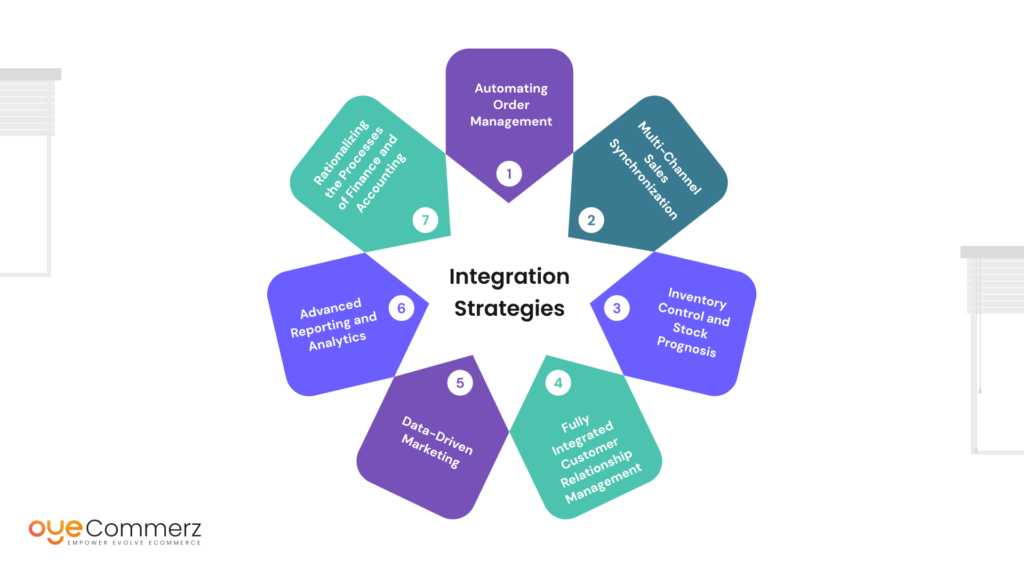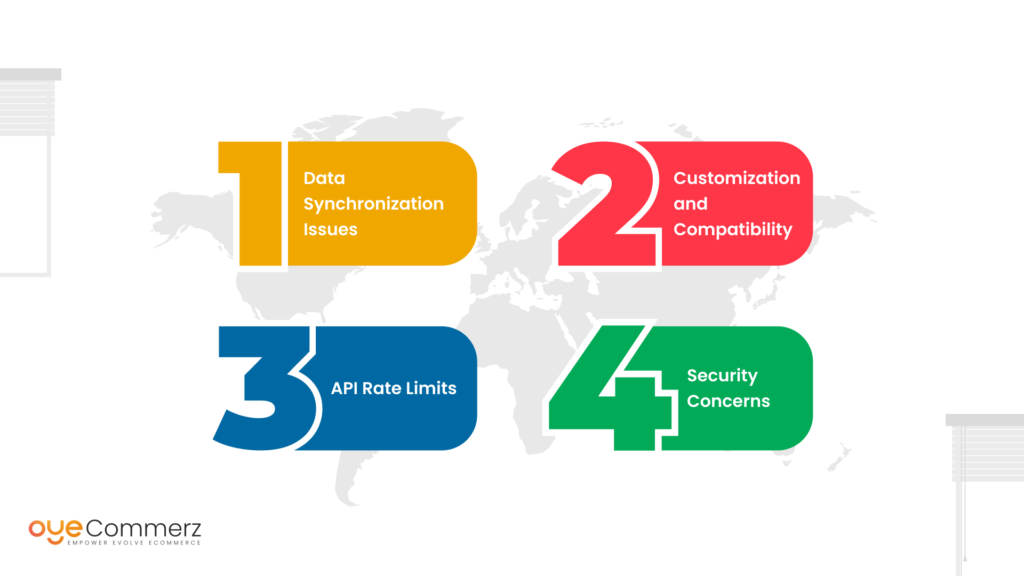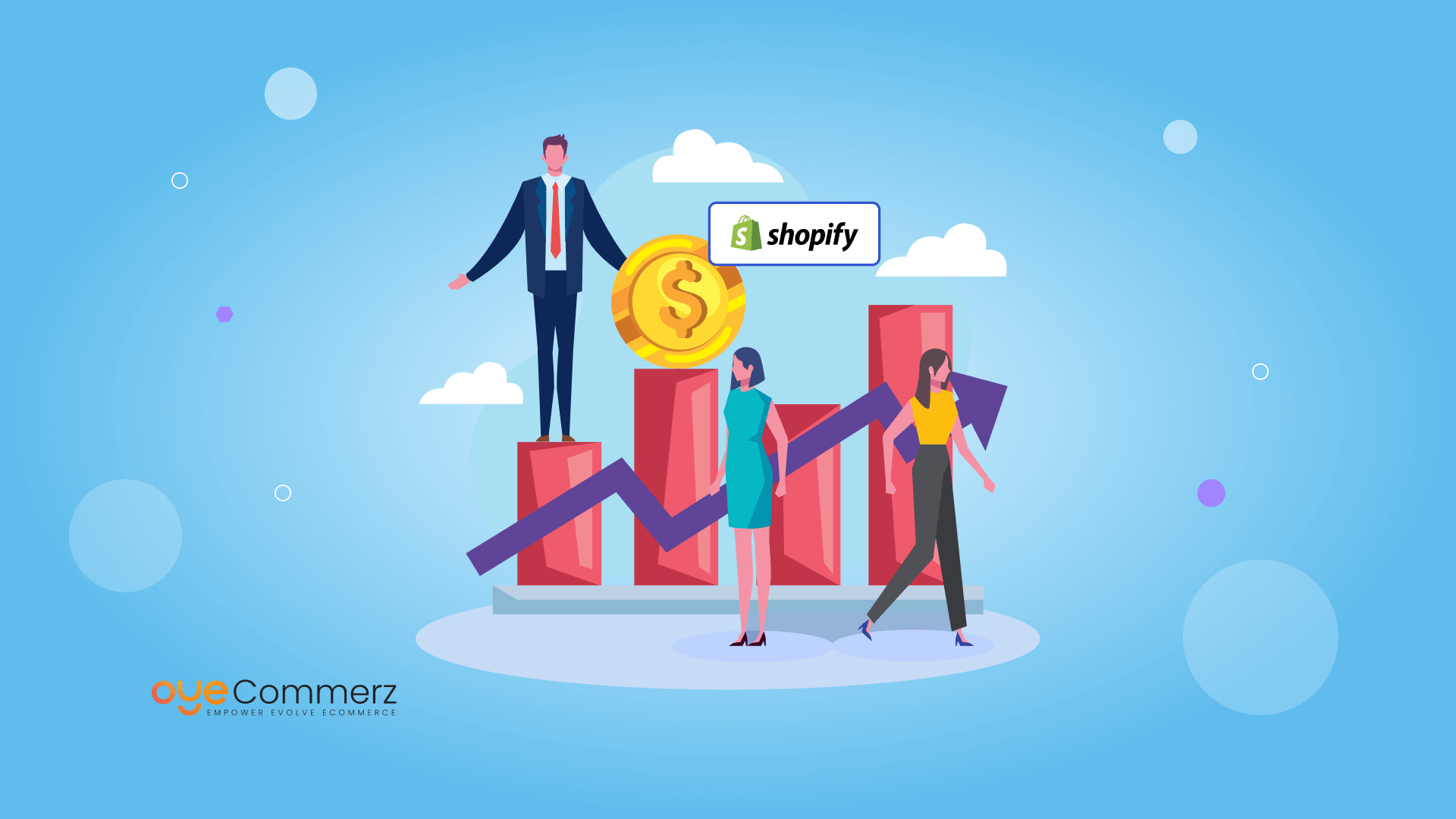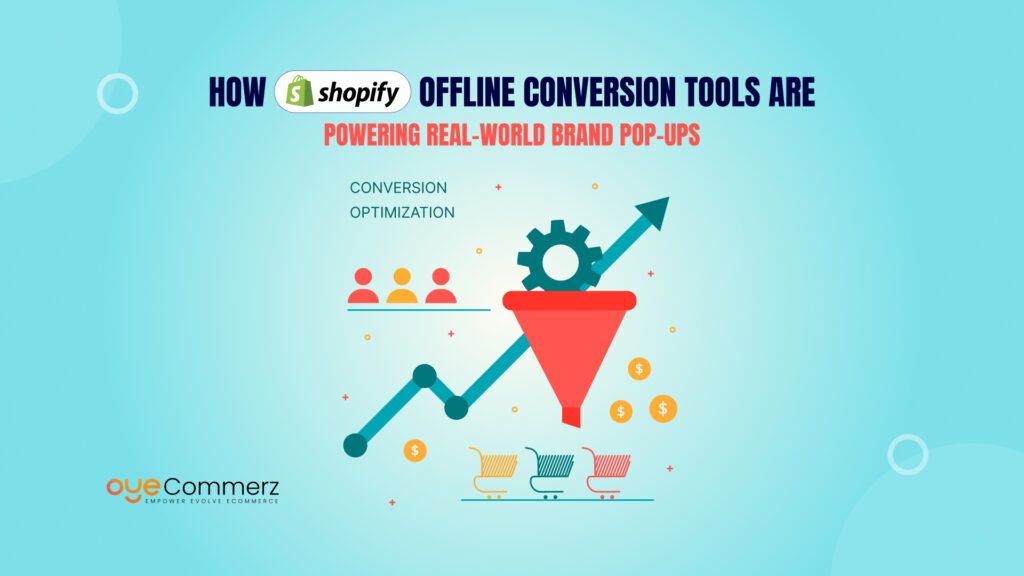The e-commerce environment is highly competitive and businesses of today need to use and incorporate all tools possible to sustain and expand. Shopify is one of the market’s premier e-commerce platforms, and as with other platforms, its strength comes from its ability to connect with other systems seamlessly. Sophisticated transactions with the Shopify framework allow for the seamless processing of tasks, improvement of business tactics, and profitability. As more businesses look to expand their online presence or optimize backend processes, growth through Shopify integrations becomes the key to unlocking new opportunities.
In this blog, we explore the importance of integrations in growing your business for Shopify stores. In this paper, we will describe the value of the Shopify API to advance e-commerce, discuss integration as a tool for scaling, and consider the primary difficulties that businesses experience while integrating. At the end of this course, you will be able to grasp why Shopify integrations should be core to your scaling efforts.
Table of Contents
ToggleWhat Is Shopify Integration?
- Shopify integration means the process of linking Shopify with various third-party applications, databases, ERPs, CRM systems, and other applications using Shopify API. Some of the tools that companies can leverage from a Shopify API include; automation, data synchronization, and creating special solutions to address the business’ needs.
- Starting from inventory management across different platforms to using customer data on your CRM for better-targeted marketing efforts, everything is made easy by Shopify Integration. These integrations are not merely frivolous, but no less necessary for unleashing the optimal function of Shopify.
- Apps can be developed to integrate and interact with different elements from Shopify’s system. This can be used to integrate order processing, rationalize the distribution process, and even enhance the interaction between the business and the clients. Having control over it is an advantage and might be attributed to the utilization of the Shopify API services to enable businesses to offer control over certain activities in a business for scaling.
- According to Statista, global e-commerce sales are projected to reach $7.4 trillion by 2025, up from $5.2 trillion in 2021. This shows the vast growth potential for businesses investing in robust e-commerce platforms like Shopify.
Integration Importances in E-Commerce Development
A general factor evident in the operation of an e-commerce business is that as the business expands the level of management involved also increases. The management of numerous orders’ volumes, let alone hundreds or even thousands of orders, inventory across multiple platforms, and customer expectations all call for integrated systems at their best. That is where the integration of Shopify comes in handy when it is most required to be handy.
Efficiency and Automation
As with all APIs, the value of Shopify API is derived from how it allows companies to reduce the time and effort that is required to interface between multiple systems. Repetitive activities like data entry, order processing, and customer communication can easily be automated, thus releasing time constraints to key issues that need direct attention. For instance, the synchronization of Shopify with ERP will enable real-time synchronization of data between your storefront and the backend, such as inventory, shipping, and customer details.
Improved Customer Experience
Today’s customers are quite intelligent, far from the traditional run-of-the-mill ones and they always look forward to well-coordinated, customized services. Shopify integration services can improve customer experience by helping businesses utilize customer data more effectively, enabling better-targeted marketing and personalized interactions. This capability avails itself to your company’s main financial indicator in that customers who receive a better service are likely to purchase more and thus improve your conversion rates.
Data-Driven Decision Making
But at the same time, going through all these changes will result in a data integration where data moves horizontally between your different software. This means that decision-makers can keep abreast of the sales level, inventory, or customer behaviour in real time. Such findings are important when you’re considering issues like the diversification of the company’s products or its markets. Shopify API integration guarantees that your data tits are aligned for action and growth
7 Integration Strategies That Will Scale Your Business

Shopify out of the box has quite a lot of features, but for a full scale, it is necessary to go beyond the standard. Here are seven ways that take your business to further heights with the help of Shopify integration.
1. Automating Order Management
Order processing is one of the most time-consuming tasks for any growing business. By implementing strategies to optimize Shopify shipping integration, you can automate the entire process from order capture to delivery. With seamless integration between Shopify and third-party fulfilment centers or warehouse management systems, orders can be processed in real-time, minimizing errors and ensuring timely delivery. This not only improves efficiency but also enhances customer satisfaction, as your shipping operations run smoothly and accurately.
2. Multi-Channel Sales Synchronization
The use of multiple selling channels including online marketplaces like Amazon, eBay, and social media selling adds some sort of inconvenience to your business selling process. This means that by linking Shopify with such platforms, you can be able to auto-sync inventory, prices, and orders between the different markets. This assists in doing away with stock differences and also helps in standardizing the price and availability of stock at all the sale channels.
3. Inventory Control and Stock Prognosis
There is also the issue of stocks and the right amount of stock that need to be ordered or be in stock at any one time which if not well managed will lead to either stockouts or overstocking. That way, it is possible to integrate Shopify with an ERP or inventory management system and keep the actual inventory level. Even more sophisticated systems can use past sales as a way of predicting future sales to ensure that an organization maintains the right amount of stock.
4. Fully Integrated Customer Relationship Management
When Shopify is linked to a CRM tool such as Salesforce, a business can collect information on past communication with customers and their purchasing behavior and engagement rates. This makes it conceivable to accord unique selling propositions, implement loyalty programs, and hence improve the client experience. The capabilities of Shopify API are not limited to simple store-related tasks; they comprise all aspects of customer relations management.
5. Data-Driven Marketing
Some of the Shopify APIs can be used to link your store to your marketing automation tool such as Mailchimp or HubSpot. This way, you can align the customer data and purchase history to gather better and more relevant information to create better emails, follow up the abandoned orders, and cooperate with different promotions. It can provide campaign results, which means that it can be optimized in real time.
6. Advanced Reporting and Analytics
It is crucial to embark on business intelligence so that the business can take on the next dimension of its growth. Using Shopify API, it is possible to link Shopify to unbelievably helpful suites like Google Analytics or Business Intelligence tools like Power BI. They enable you to build customized widgets that monitor indicators that are significant to your operations and give neat excellent real-time intelligence for improved decision making.
7. Rationalizing the Processes of Finance and Accounting
The meaning of scaling is to have more transactions with more difficulties in the management of money. When connected to Shopify, real-time management of financials, including accounting, taxation, and invoicing, can be performed using QuickBooks or Xero. This relieves the burden on your accounting staff and makes for improved results.
Overcoming Common Integration Challenges

Although there are numerous advantages of the Shopify API, integration is not without several complexities. Solving these issues before the scaling process begins can be the difference between a clean run and having Operations issues.
Data Synchronization Issues
One of the major challenges that organizations face is the challenge of data synchronization, especially while using multiple platforms. Out-of-sync systems lead to problems such as inventory discrepancies, multiple records of a customer or perhaps delayed updates of the order status. Therefore, it is mandatory to manage the data input and output in the systems to avoid process interruption.
Customization and Compatibility
Some or even most of the third-party apps or internal software that are used in an organization may not be seamlessly integrated with Shopify especially if there are specific modifications made to the various software. Perhaps a company will have to develop something for a particular purpose or use a middleware to ensure proper representation of the organizational processes.
API Rate Limits
Similar to most platforms, Shopify also has limitations for API usage commonly known as rate limits. This is the case of high-volume API calls within a short time implying that business making will be throttled. Mastering Shopify API integration can help businesses mitigate common challenges like data synchronization issues, API rate limits, and security concerns, ensuring smooth operations as they scale.
Security Concerns
Data security will always be a major issue, and this is worse when one is dealing with multiple systems. It remains equally important to make sure all passed data is secure and that your integration is compatible with industry regulations (i.e. GDPR). Most of the features provided by the Shopify API include secure protocols that businesses can use securely; however, there are cases where the businesses themselves have to be very cautious regarding added security measures.
Scale Your Business with Expert Shopify Integration - OyeCommerz!
At OyeCommerz, we specialize in advanced Shopify integrations that drive business growth. Whether you need seamless inventory management, automated order processing, or data-driven marketing tools, our Shopify API services provide the technical expertise to streamline and scale your operations. Don’t let inefficient systems hold you back—unlock the full potential of Shopify with custom integrations tailored to your business needs.
Contact OyeCommerz today and discover how we can help you take your business to the next level.
Maximize efficiency with professional Shopify integration services
Conclusion
Shopify integration can not only be seen as an add-on, but rather as a primary need when managing an expanding e-commerce store. Heating the key functional areas such as inventory management, CRM, and marketing tools and leveraging the advanced services of Shopify API services, businesses can integrate with other functional systems resulting in enhanced customer experience, effectiveness, and data-driven decision-making for the growth of a business.
The knowledge of the ways that Shopify API can be advantageous for a business and how to avoid pitfalls with integration will make your business run smoother and grow without hitches. Whenever you are looking to optimize the results and functionality of Shopify integrated solutions should form the core of your strategy.



